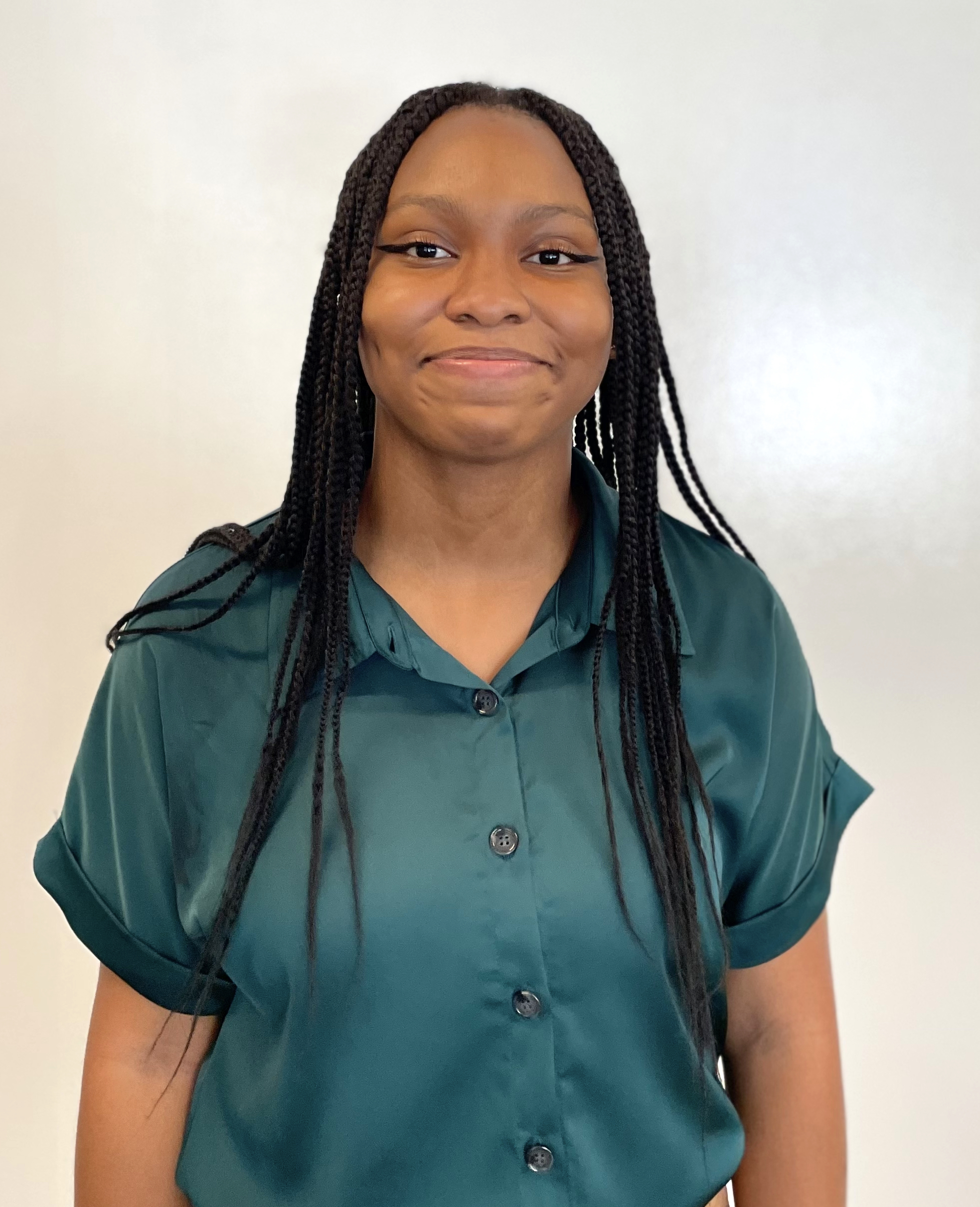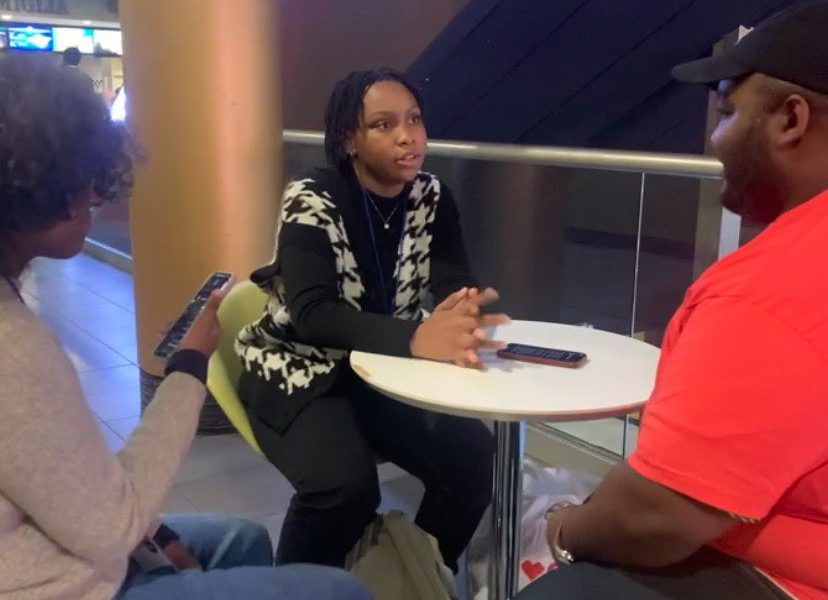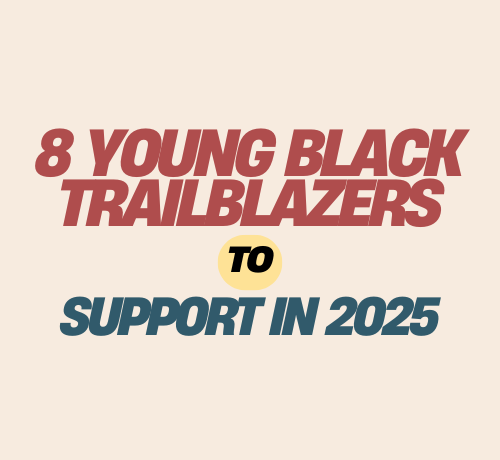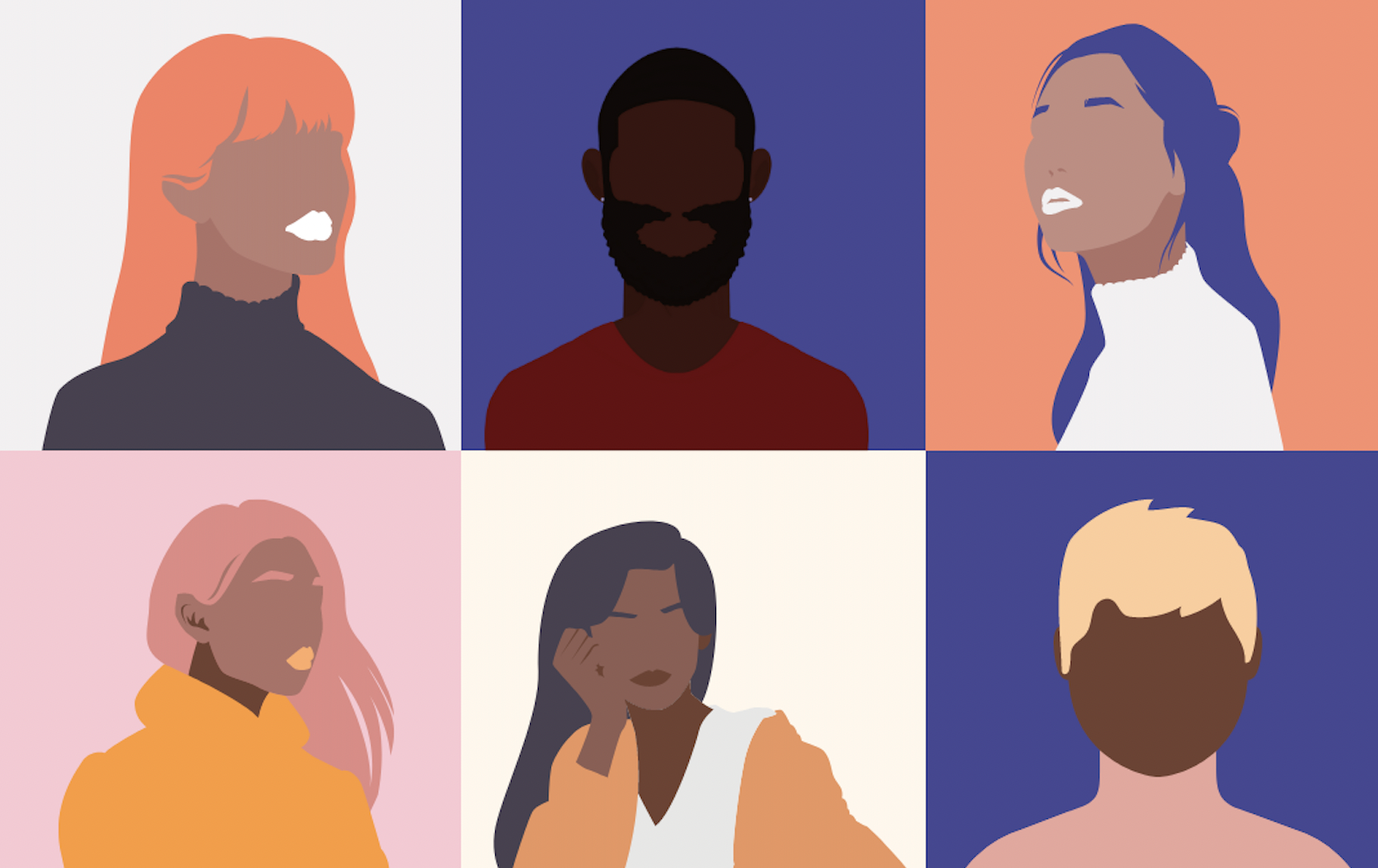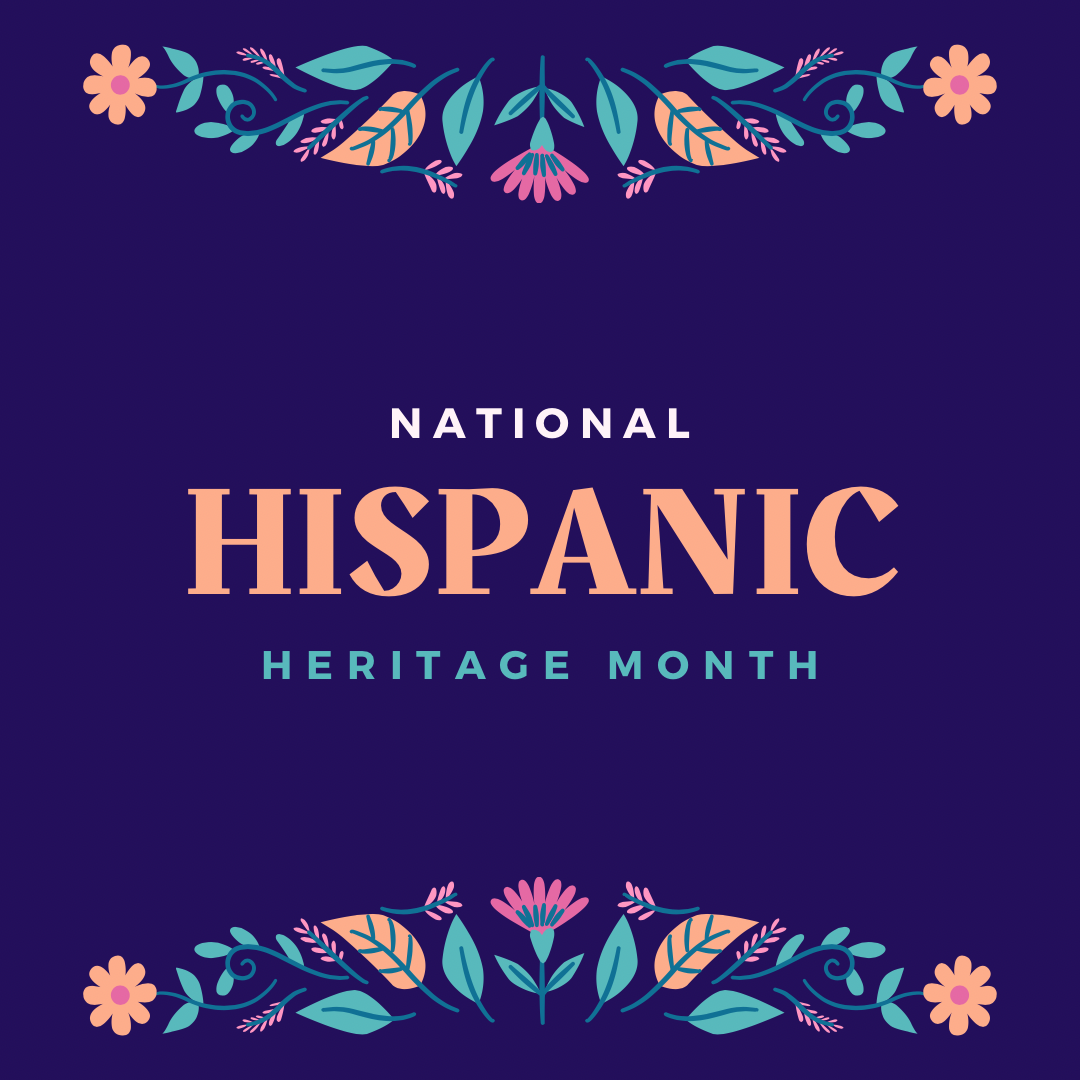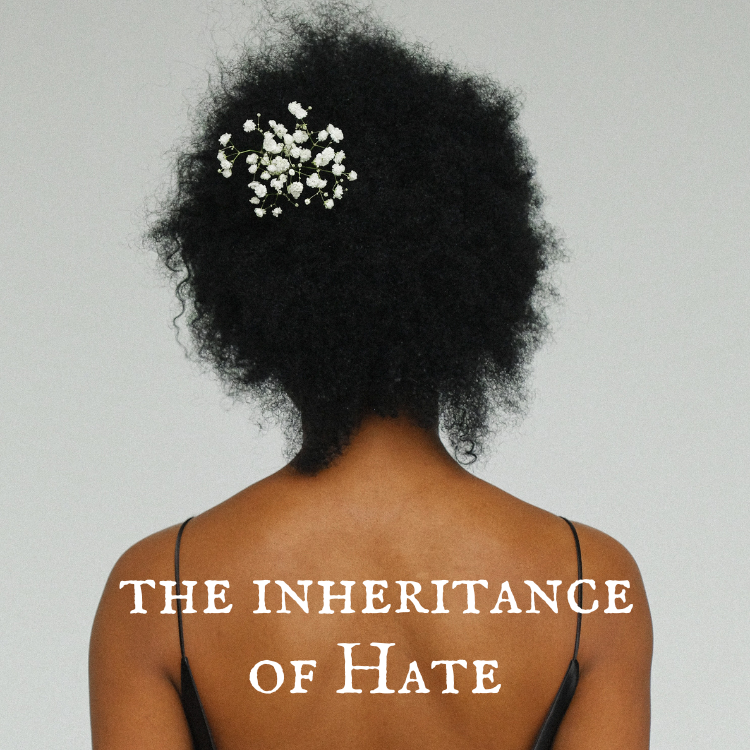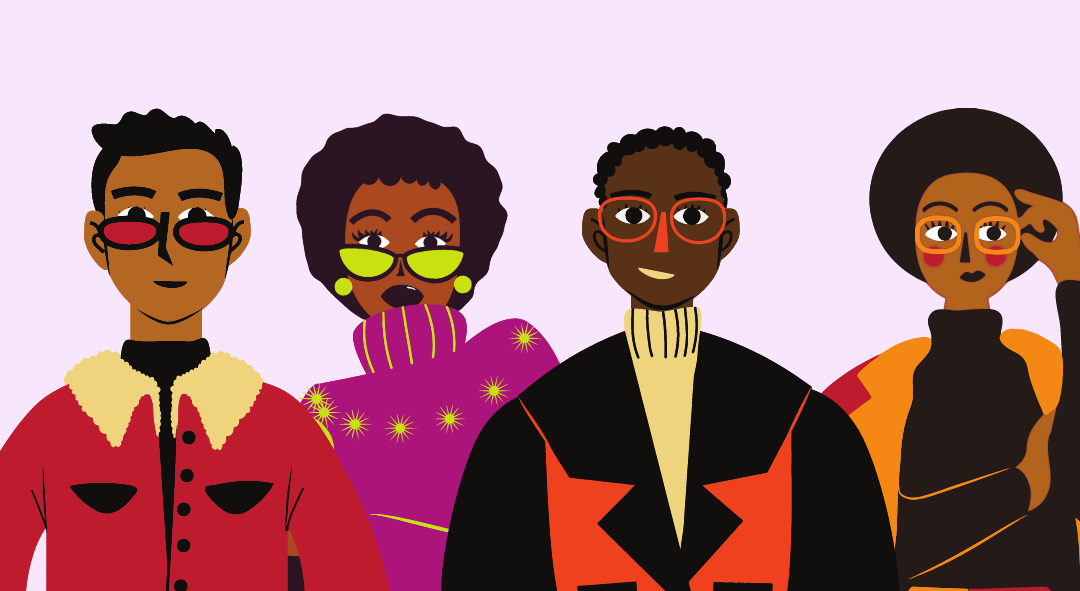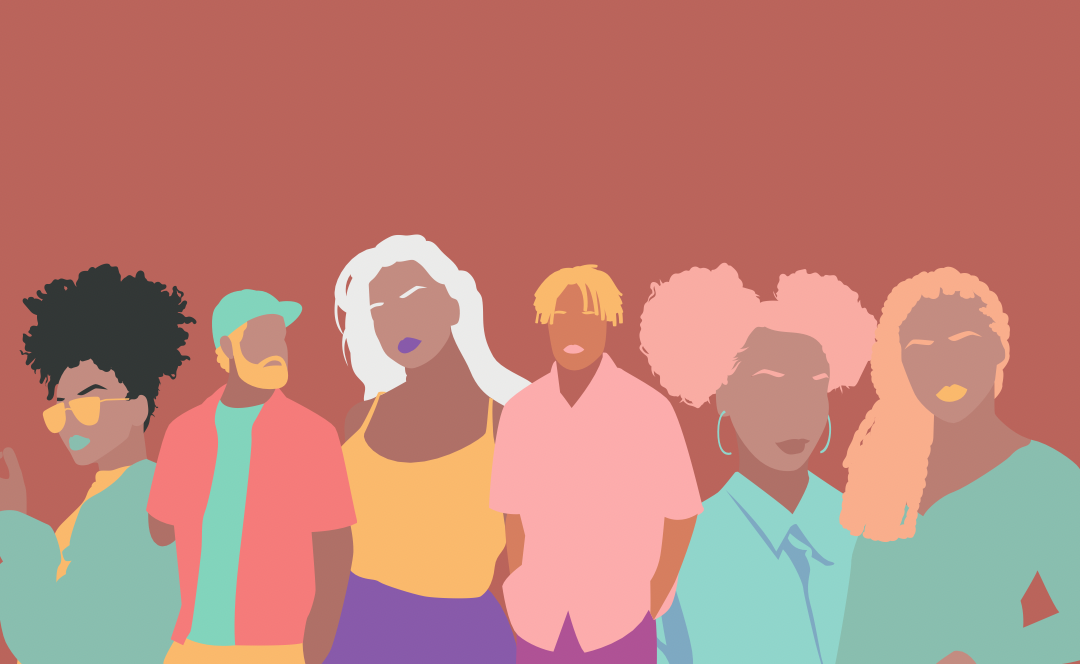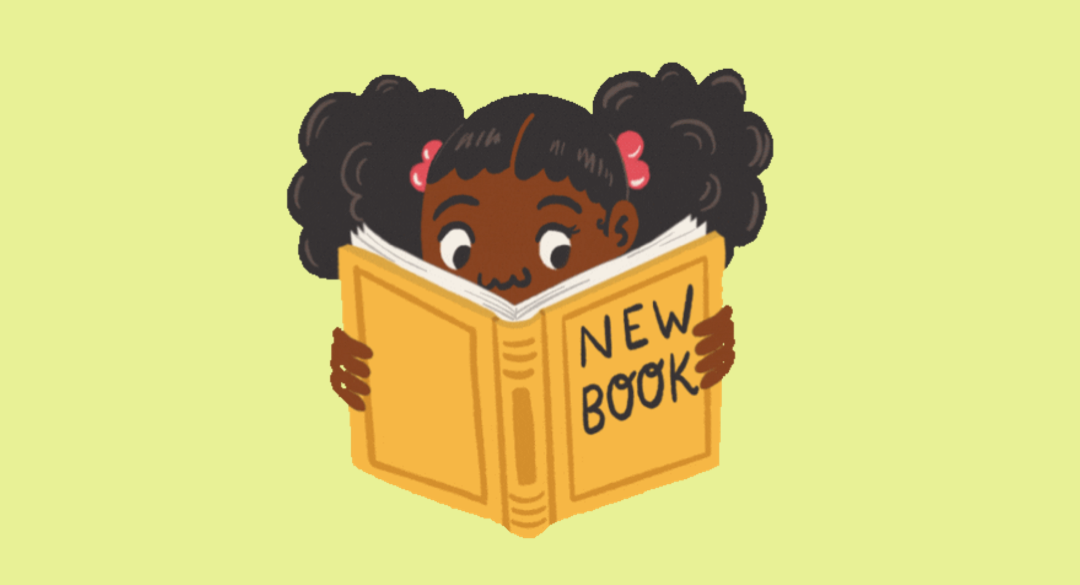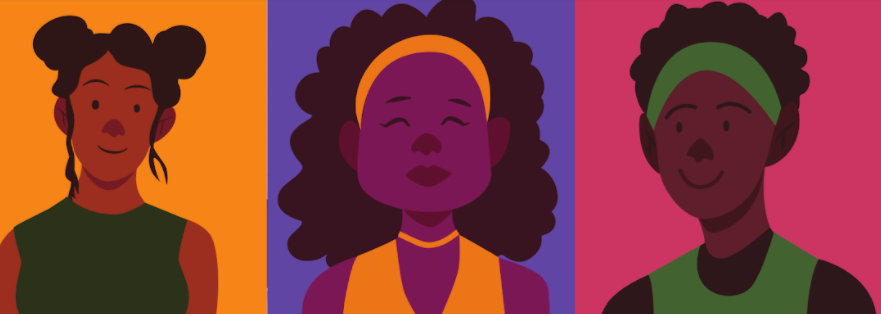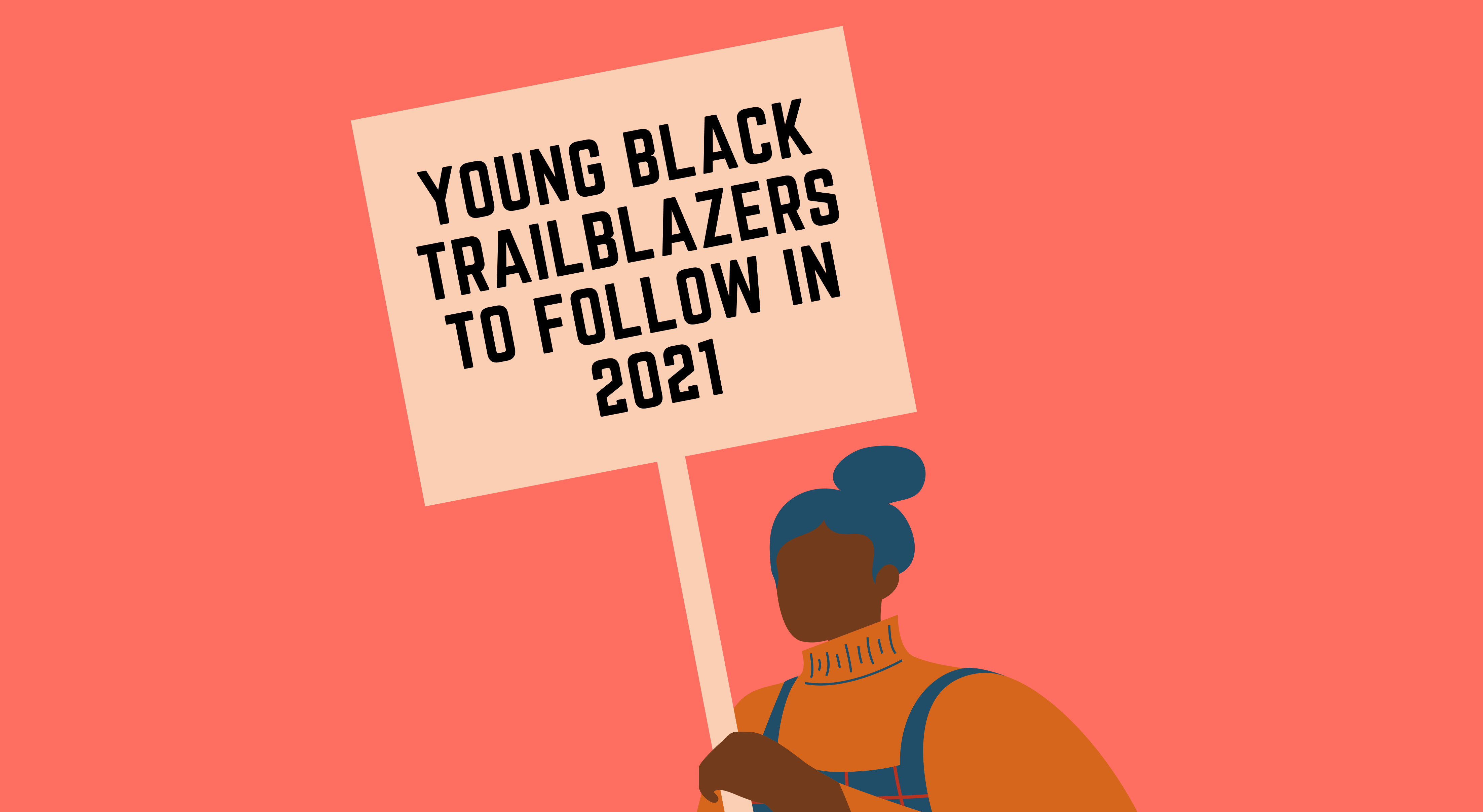*This story was originally published on teensinprint.com. Teens in Print is an inclusive WriteBoston program created to amplify the marginalized voices of eighth to twelfth grade Boston students.
Entering the theater felt surreal. It was as if I had entered a different dimension. Crowds of people swarmed the concession stands, including myself. Whenever I heard the words “free food,” I knew I was all in. Some people were in costumes and some in traditional African attire. When I looked around I saw the walls were filled with posters and people chatting about what could happen in the movie. The longer I stood there, the longer the tension built up. My mind wandered to the fact that it’s been 4 years since the first Black Panther movie. So much has happened in the MCU from Thanos’s attack to new heroes on the rise. What changed the most, however, was that Chadwick Boseman had recently passed before he could see it all end. Leaving so many people of color disappointed because they lost their only Black hero. So what could happen next? Would the story end here? I just had to wait to see.
I had been on edge for weeks, watching the days trickling down until I could see the movie. When I got to work one day, I heard that there was some way I could mix my two obsessions together. That’s where I learned about the opportunity to watch “Wakanda Forever” early with a program right here in Boston. The Boston Arts & Music Soul (BAMS) is a nonprofit organization that strives to support artists and audiences, emphasizing Black and Brown voices, perspectives, and artistry. They had decided that it would be best to host an event, such as the Black Panther: Wakanda Forever early screening, as it managed to show the capabilities of what could be achieved when People of Color come together and produce something incredible. Not only did they work to racially empower people of color but they also managed to bring awareness to colon cancer, the illness actor Chadwick Boseman passed from. BAMS’s vision is to, “ [create] vibrant and inclusive arts and culture sector for the city of Boston and beyond, which celebrates all artistic talents, challenges societal perceptions, and empowers and engages audiences. We recognize and elevate the depth of talent in Boston’s arts ecosystem, encompassing all art forms and disciplines”. The organization offers so many opportunities to people in Boston. People who otherwise wouldn’t have necessarily appreciated (insert thing being appreciated here). BAMS celebrates and uplifts messages and the people trying to send them.
Unfortunately, Chadwick Boseman passed from Colon Cancer before the making of the movie. He was the original embodiment of the Black Panther that had managed to change so many lives – one of the first significant Black Superheroes portrayed in the MCU. Not only did this affect the real world but this also affected whoever got to know him personally. Boseman touched so many lives whether it was physically or mentally – he made an impact. So many people are not fully aware of Colon Cancer or they don’t have the means of getting treated. When people figured out that this was what took a hero, they tried to educate themselves but after some time they somewhat stopped trying to look into it – it was forgotten in a sense. BAMS decided that they should honor that and partner with Mass General Hospital to bring information and resources to the community. Not only did BAMS get the chance to elevate really great artists and bring our community together, but they were also kind enough to somewhat give back to our community. The presentation brought back memories. It made people aware that this was still in fact an issue. So when the movie started, the overwhelming emotions had already set the scene.
The movie “Black Panther: Wakanda Forever” dealt with numerous themes surrounding grief, power, what to do with it, and the concept of what is right and what is wrong. Not only did it manage to honor numerous cultures, but it shined a light on the power can do to one and the mindset behind the people making those decisions. The movie showed what a lot of media hasn’t managed to cover, “To be young, gifted, and Black.”
When the lights finally came back on and the audience clapped there was somewhat of a silence in the theater. I sat there in awe of what I had just watched. Tears streamed down my face and the voice of Rihanna in the background, I didn’t know whether to keep crying or continue listening to the soundtrack that played as the credits rolled. My fears were no longer there – they did it – they kept the legacy alive and did even better than before. I couldn’t have wanted more.
The managing director of BAMS, Paul Willis, was a huge part of this event. Even though he has only been with the organization for 2 months, Willis has already managed to leave a mark. The question is why show this movie? What makes it so significant? Willis says, “ I think what’s really important about people coming out to see Black Panther: WakandaForever is a couple of things is one representation of, you know, Black and brown artists, right and creatives. Really excelling at their craft is an important thing for people to see. I think sometimes that lack of representation leads to misunderstandings of our culture and our identity, and how important certain things are to us. And so you know, this film that deals with a lot of things.” That’s the whole reason why BAMS was created, to shine a light on the overlooked and to grant opportunities that would seem out of reach.
I will always look back at this event and think about how much it meant to me. Not only did I get to fangirl over a new Marvel movie but I also got the opportunity to become more educated on real societal issues constantly overlooked. Sometimes I really lose hope and wonder if we are truly making progress in this world, but then I remember opportunities like this exist and are available to those who need them. As time goes by, we grow and there will always be people who try to uplift us. Willis says, “Just the importance of like education showing up for young people and the ways that people showed up for me when I was going through the traumas and the struggles and the challenges I was going through. I wanted to be that person for others.”




